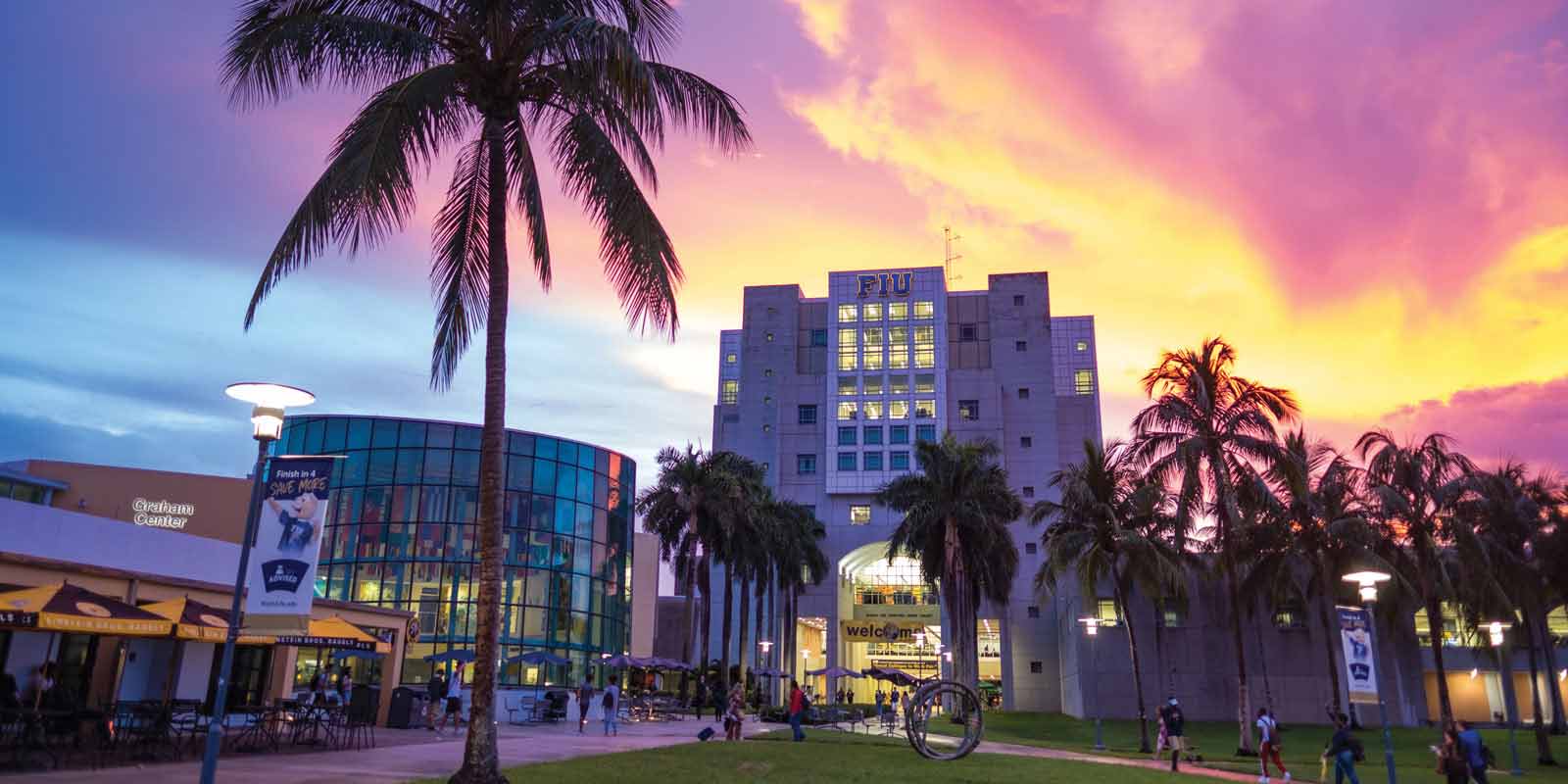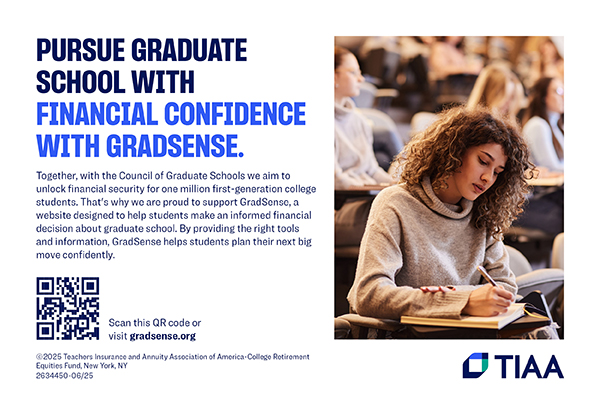The Featured Course: A Strategy to Incentivize Faculty Collaboration on Interdisciplinary Graduate Courses
It is commonplace for the marketing materials, websites, and recruitment activities of a university to tout the interdisciplinary nature of their programs. Despite these claims, graduate education is typically confined to disciplinary silos. While “interdisciplinary” sounds good, it is rarely backed up and incentivized with the resources necessary to encourage collaboration. At the Steven J. Green School of International and Public Affairs (Green School), our efforts at curating an interdisciplinary environment and related programming recently got a major boost with the introduction of The Featured Course.
Starting with a pilot offering in the Fall of 2023, The Featured Course was launched by the Green School’s Office of Graduate Studies and Innovation to encourage co-taught graduate courses across our programs. Today it remains one of our most creative attempts at leveraging limited resources while fostering interdisciplinary collaboration. In the hope that others might find something useful from our experiences with this project, we will briefly describe the initiative and detail some of the positive outcomes that we are already seeing after two complete cycles.
What is The Featured Course, how does it work, and how did it get started?
The Featured Course is an initiative designed to encourage faculty from different Green School departments to collaborate and co-teach interdisciplinary graduate courses. These courses follow our standard 16-week semester. The faculty teaching The Featured Course receive additional resources to invite a prominent scholar to visit FIU and give a public research talk as a part of their co-taught class. The talk should strongly connect to the main themes of the course and, ideally, the speaker would be someone whose work the students read during the semester.
 Following the talk, the class continues with a private reception for the speaker and the graduate students enrolled in the course. This dual setup allows the course to be temporarily opened to our broader community to engage with the content and core themes during the research talk but also ensures that the enrolled graduate students have ample opportunities to interact with the guest speaker on a deeper level during the reception.
Following the talk, the class continues with a private reception for the speaker and the graduate students enrolled in the course. This dual setup allows the course to be temporarily opened to our broader community to engage with the content and core themes during the research talk but also ensures that the enrolled graduate students have ample opportunities to interact with the guest speaker on a deeper level during the reception.
Our call for proposals typically goes out in November for courses that faculty would like to co-teach in the next academic year. This allows adequate time for planning (course development, scheduling, advertising, lining up the guest speaker, etc.). In their proposals, we ask faculty to describe their shared vision, discuss the main themes and approaches of the course, and explain how it will benefit our graduate programs and move us beyond our current offerings in interesting new ways.
The initiative started as an effort to come alongside our faculty and support endeavors already underway. We learned about a co-taught graduate course being offered in Fall 2023 when one of the instructors posted about it on social media. Our office quickly began to think about how we might support the faculty and students while encouraging future collaborations. After a few brainstorming sessions, we developed the basic framework of The Featured Course and started to piece together a pitch to our Dean.
Ultimately, the Dean was very supportive of the concept and getting buy-in from the faculty was relatively easy. It was an easy sell because (1) we already had dedicated money set aside for guest speakers that could be repurposed for this initiative and (2) the Green School is interdisciplinary in nature due to its structure. We are a School of International and Public Affairs that mixes both social sciences and humanities alongside several centers and institutes that pull faculty together based on their shared expertise and research interests. In many ways, we were already primed for the development of interdisciplinary teaching. While we have never sought the support of the University Graduate School for this endeavor, we hope that our efforts might serve as a model for a broader, university-wide initiative in the future.
Some preliminary observations about the initiative
We have now completed two full cycles of The Featured Course and our faculty committee just vetted applications for the third round. Our first course was a collaboration between a faculty member in the Department of History and another in the Department of Politics and International Relations. They developed an engaging course in Fall 2023 called, “Histories of Global Illiberalism,” which drew interest from across the Green School’s graduate programs. Likewise, in Spring 2025, faculty from the Department of Modern Languages and the Department of Global and Sociocultural Studies created a unique course called, “Latin America and the Cartographies of Violence and Hope,” which featured perspectives from geography and sociology alongside various works of Latin American literature. Both courses provided students with an interdisciplinary view of these topics that they would not have been introduced to in their normal coursework. The faculty reported that their students were deeply engaged with the coursework throughout the semester and truly valued their experiences with the guest speakers.
While it is undoubtedly a benefit to the students to be immersed in different ways of thinking, the faculty involved in teaching these courses are developing a strong sense of inter-departmental camaraderie, generating new ideas by being exposed to different methodological traditions and viewpoints, and feeling more supported by the Green School. In addition, the faculty that submitted proposals that were not selected see benefits as well. Ultimately, they already put in some of the work of developing an interdisciplinary course, which may lead to future collaborations regardless of whether the course is designated as The Featured Course or not.
We budget approximately $1,800 for The Featured Course each year (~$1,000 for travel, ~$500 for an honorarium, and ~$300 for food at the reception). In our estimation, this modest cost is well worth the direct and indirect benefits that faculty and students are seeing throughout the Green School. In addition, it provides a concrete example of our commitment to an interdisciplinary environment, which is helpful to the Dean and our advancement and marketing teams.
We hope the third round of The Featured Course (a Spring 2026 course called, “Capitalism: How it Arose and How it Spread”) will be just as successful as our past efforts and that this short note will inspire Graduate Schools to push resources toward similar initiatives.
Kevin Evans, Maria Henriquez and Cheryl Johnson work in the Office of Graduate Studies and Innovation at the Steven J. Green School of International and Public Affairs at Florida International University.

